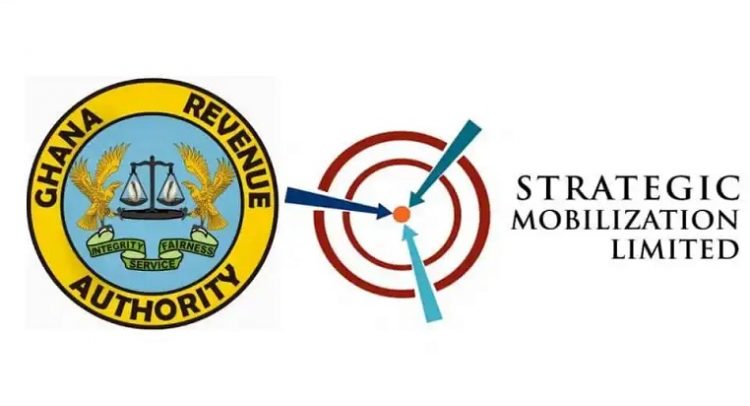The KPMG report on the contract between Strategic Mobilisation Limited (SML) and the Ghana Revenue Authority (GRA) has unearthed significant irregularities, with startling revelations casting a shadow on procedural compliance and operational performance within the governmental framework.
Notably, the audacious audit findings divulge that GRA failed tmo secure requisite approvals from the Public Procurement Authority and Parliament for the engagements under scrutiny, triggering concerns over institutional oversight and accountability in public contracting processes.
Audit Revelations
According to the comprehensive KPMG audit report now accessible to the public, it has been disclosed that the contractual obligations undertaken by SML were partially fulfilled amidst lapses in essential regulatory mandates governing procurement and financial commitments. The absence of mandated authorizations prior to entering into agreements raises pertinent questions about adherence to legal stipulations and due diligence in upholding governance standards vis-a-vis public-private partnerships in revenue monitoring frameworks.
Presidency’s Reversal
The disturbance following media exposes and public outcry precipitated the initiation of an audit exercise by KPMG to probe allegations surrounding remunerative improprieties linked to the GRA-SML dealings. Despite initial resistance from the Presidency to disclose the audit report in response to requests, mounting pressure from anti-corruption crusaders and civil society advocates compelled a notable about-face, culminating in the release of the full report detailing systemic pitfalls and operational deficiencies prevalent in the controversial contract agreements.
Enhanced Oversight
While the presidential directives for contract termination and renegotiation in the downstream sector signal a commitment to rectifying improprieties, commendation from anti-corruption watchdogs underscores the need for sustained vigilance and stringent oversight measures to curb malfeasance and foster accountability in public service delivery landscapes. The impetus driving the demand for holistic transparency underscores the imperative of robust regulatory mechanisms and ethical benchmarks to fortify governance effectiveness and public trust in public-private collaborations.
By Vincent Kubi


